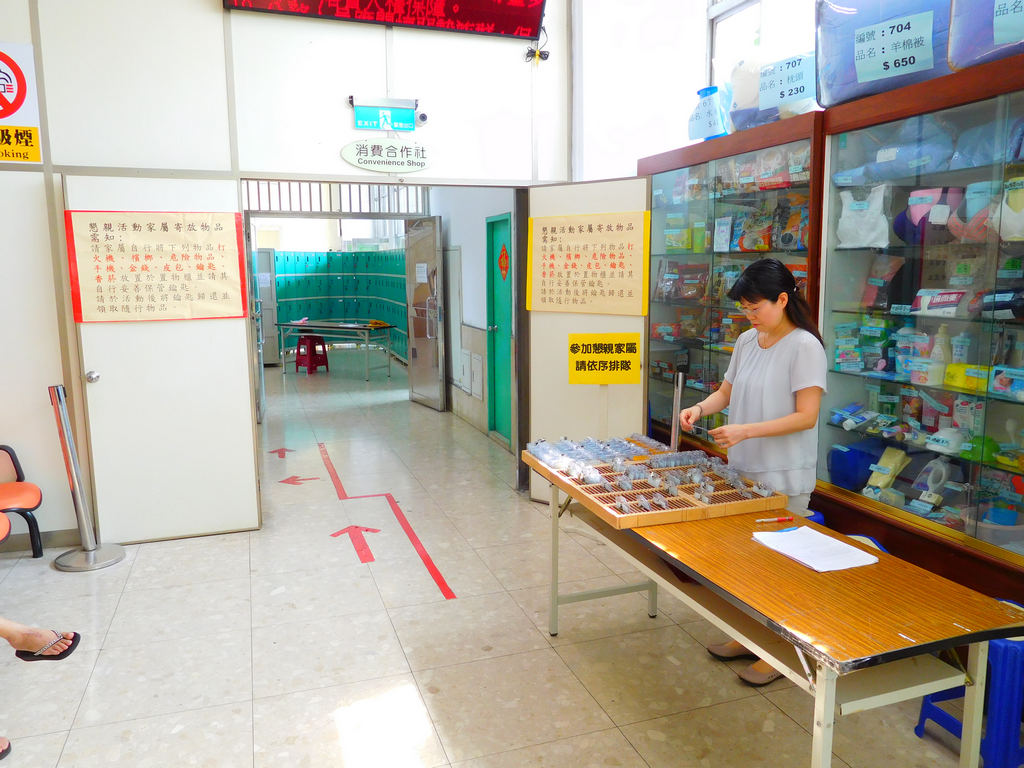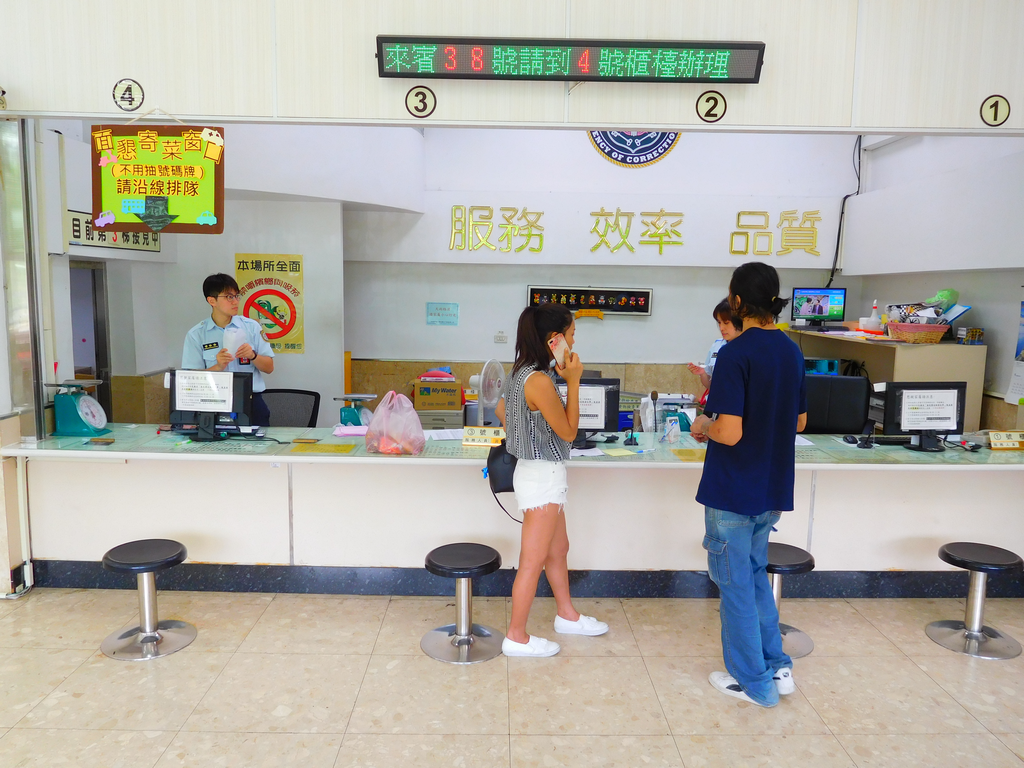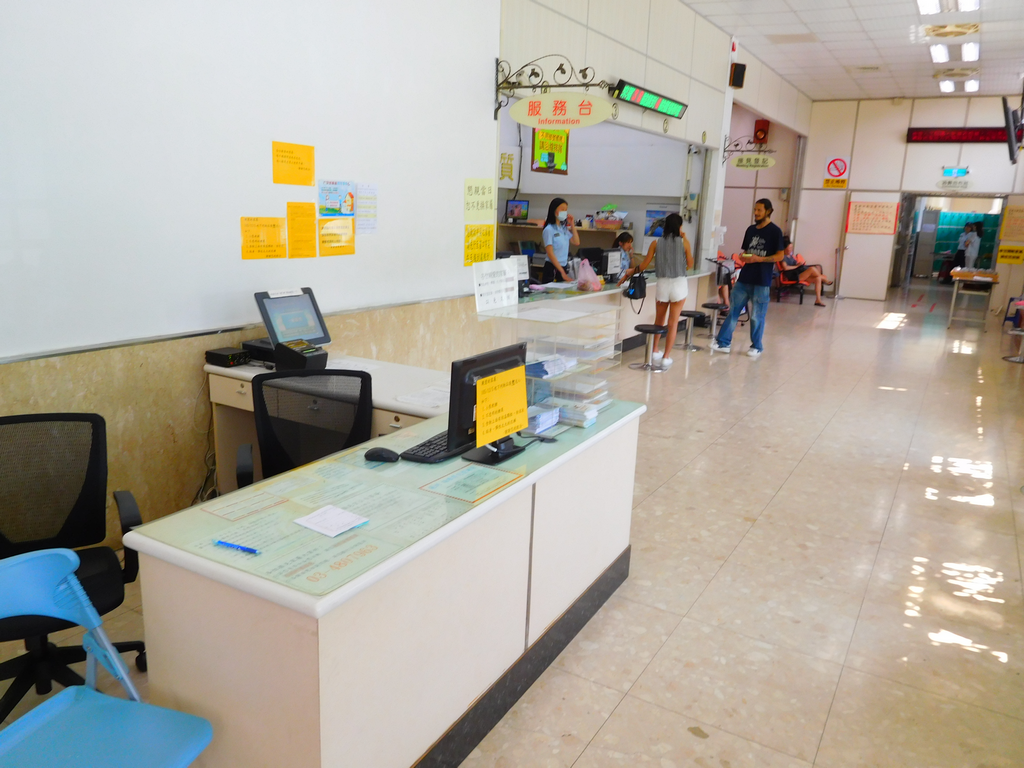Gift Giving on Visitation
- Publication Date :
- Last updated:2024-06-19
- View count:2928
- Sending in Cash
- Visiting family member must fill out the application for sending in cash and submit it to the processing officer. After verification, a receipt for the money will be issued to the family member.
- The amount of cash cannot exceed a total amount of NTD eight thousand (8,000) dollars. If an inmate already possesses NTD 4000 dollars, the family member can apply to send only NTD 4000 dollars more.
- Sending in objects/items
- Friends and family who wish to send in objects/items must have the inmate submit an application for approval, after which the inmate send the application to the inmate’s friends and family who can then send in the items at the time of visit. The items and quantity of the items sent in must match that written in the application form.
- Items must not include ropes, buttons, zippers, hats and other metallic objects. Jeans, knitting material, or odd formed and over exposing clothing are not permitted. No tights and turtlenecks. No over elastic or removable strings and multilayer compartments. No more than 3 pockets. Shorts must be longer than 10 cm from the bottom to the trousers. Eyeglasses must be made of plastic material with clear colorless safety lenses that do not change shades. Towels are to be 75 cm or less in length and single layered. Pillow cases are to be within 60*45 cm, single layered, and have no zippers and no strings. Soaps must be of transparent type. Hair brace must be integrated in form without ornaments. Hairband cannot be over elastic with compartments.
- No brassier that has movable shoulder straps, steel rings, two-piece spandex and over exposing underwear. Underwear having compartments must be sewn sealed.
- Three books are the limit each time and to be sent in at the time of visit.
- Sending medicine
- Inmate must apply and acquire approval beforehand.
- Medicine being sent in must be accompanied by prescription, drug warranty, and a copy of the Citizen ID.
- Sending food and beverage
- Food and beverage being sent in must be checked and cannot weigh over 2 kg.
- Food and beverage being sent in that are detrimental to inmate’s health, contains illegal substances, or prohibited by the institution are not allowed, for example, alcoholic beverage.
- Food and beverage being sent that ‘cannot be checked’ or ‘quality will change and become inedible or un-potable after checking” will not be permitted: for example, tea, crystallized or powder-form food ( salt, sugar, milk powder), liquid and frozen food.




